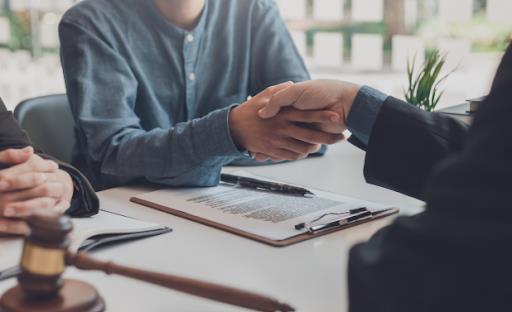St. Petersburg offers residents an eclectic combination of history, culture, and coastal charm that cannot be found elsewhere. As is common with urban environments however, accidents or unexpected incidents may arise and it is therefore essential that individuals understand personal injury and property damage laws to navigate difficult situations with confidence and protect their legal rights in such instances.
What Is Personal Injury (PI)
Personal injury refers to harm caused to an individual as the result of negligence or intentional actions by others, such as car accidents, slip and fall incidents, medical malpractice cases or workplace injuries. Common examples in St. Petersburg can include car crashes, slip-and-fall accidents, medical malpractice suits, or workplace injuries that have taken place due to another party. Under Florida Law, if an injured party in St. Petersburg has been hurt in an incident they have the legal right to receive compensation for medical costs, lost wages as well as pain & suffering damages for medical bills as compensation has already been set out against those at fault as per Florida Law allows.
To successfully pursue a personal injury claim, you must prove negligence on behalf of the other party. Typically this means showing they owed you a duty of care that was breached causing direct injuries as a direct consequence – for instance, if a distracted driver runs through red lights resulting in an accident, they could potentially be held liable.
Understanding Property Damage Property damage refers to physical harm done to physical properties like vehicles, homes, or personal items that result from car accidents, vandalism, or weather-related incidents. Common scenarios in Florida for this kind of claim may include car crashes with injuries sustained as a result of driver negligence that causes physical damage to another driver’s car.
Document the damage thoroughly by taking photos, getting repair estimates, and keeping receipts. Florida requires drivers to carry property damage liability insurance which helps cover repair and replacement costs associated with accidents that cause property damage.
Steps After an Incident
As soon as an incident arises, seek medical assistance immediately – prioritize your health and safety first! Document everything: Take photos, gather witness info, and file a police report if appropriate (this includes filing with local law enforcement if relevant). Notify Your Insurer as Soon As Possible to Start Claims Processing
Consult an Attorney
Personal injury and property damage cases can be complex and drawn-out processes can often become adversarial in court proceedings. An experienced lawyer can guide you through each stage, negotiate with insurers on your behalf, and protect your best interests throughout.
Why Legal Advice Matters?
St. Petersburg residents should understand that Florida operates under a comparative negligence system; this means if you contribute partially to an accident, any compensation awarded could be reduced according to your degree of negligence. Furthermore, Florida follows strict deadlines known as statutes of limitation regarding personal injury and property damage claims: usually four years are allotted from when an incident happened until filing suit can occur.
This post was written by Kelly-Ann Jenkins of Jenkins Law P.L. Kelly-Ann is a St Petersburg car accident lawyer. She focuses on personal injury, car accidents, and bicyclist injuries. The information on this site is not intended to and does not offer legal advice, legal recommendations, or legal representation on any matter. Hiring an attorney is an important decision, which should not be based on advertising. You need to consult an attorney for legal advice regarding your situation.
The information provided on this website does not, and is not intended to, constitute legal advice; all information, content, and materials available on this site are for general informational purposes only. Information on this website may not constitute the most up-to-date legal or other information. This website contains links to other third-party websites. Such links are only for the convenience of the reader, user or browser; the ABA and its members do not recommend or endorse the contents of the third-party sites.




